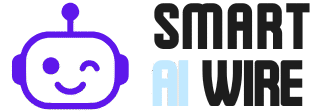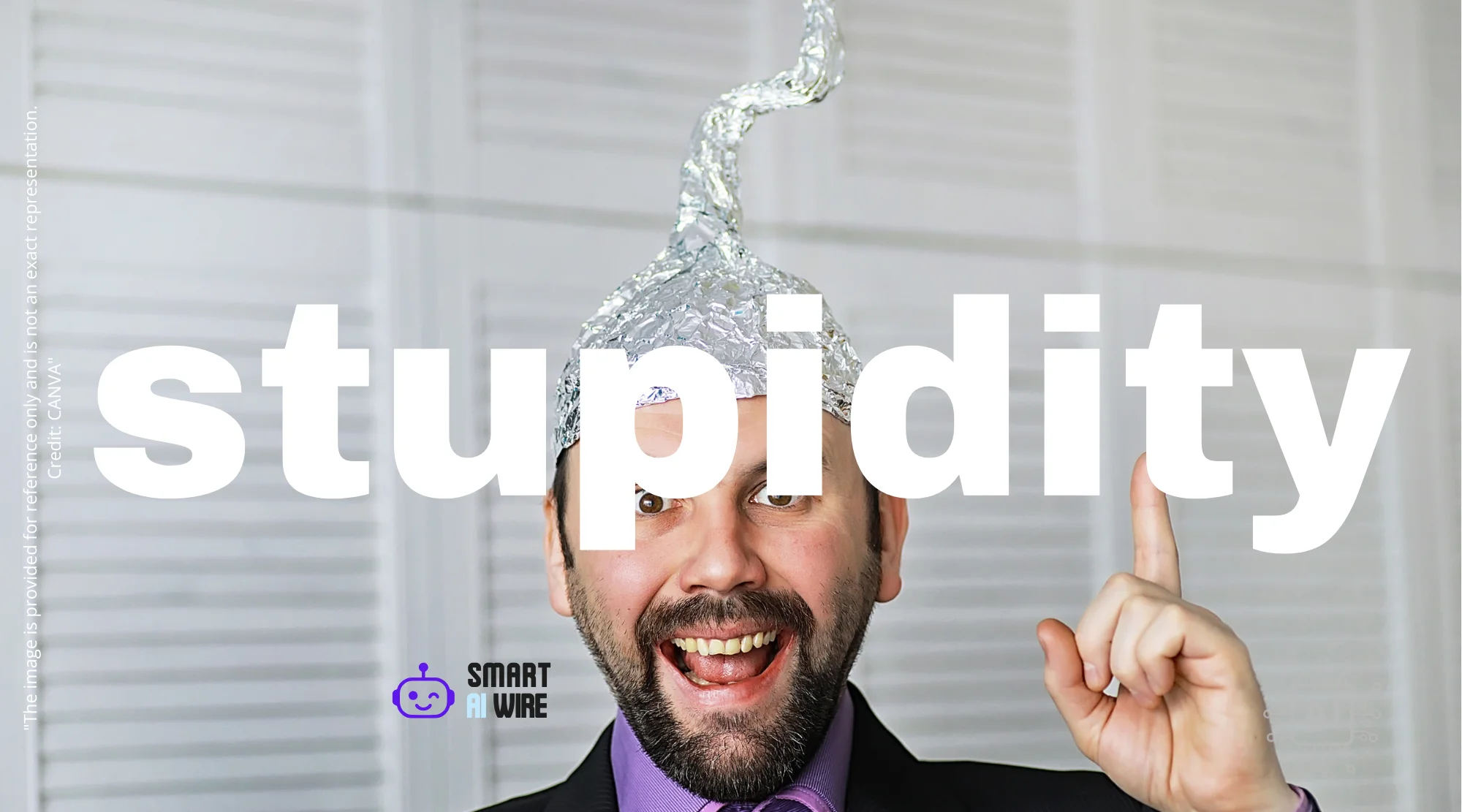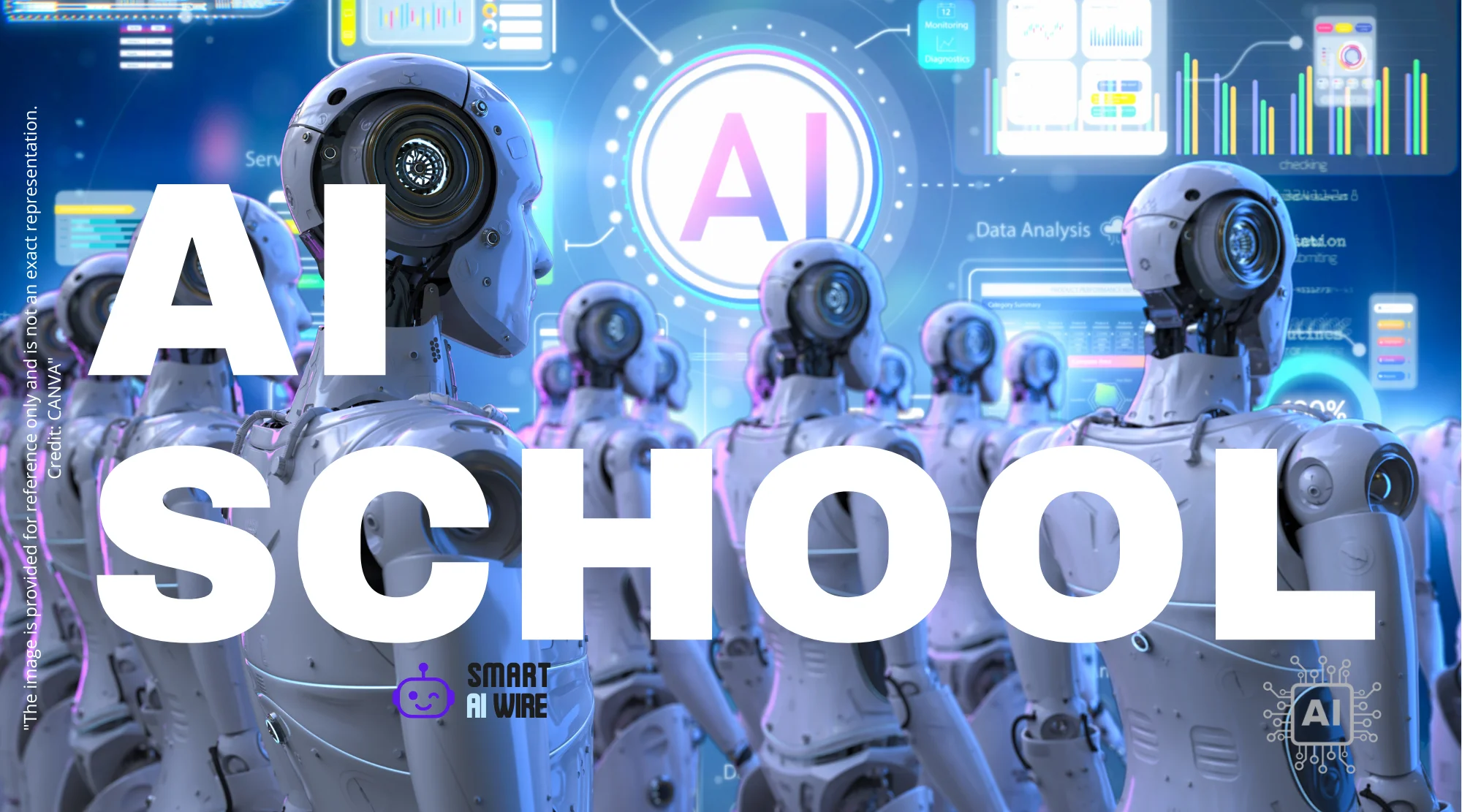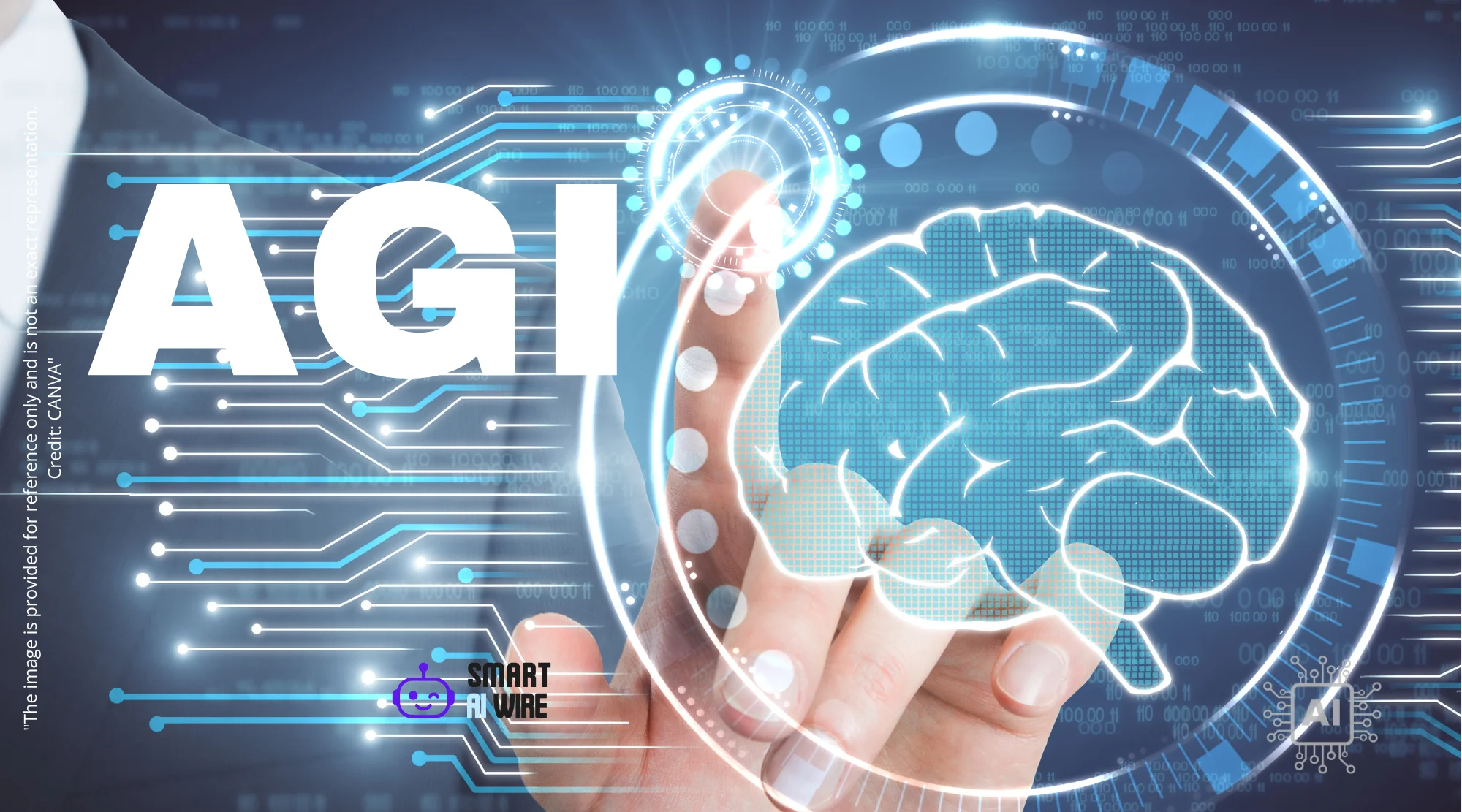Is AI killing the resume, or is it simply transforming it? The rise of artificial intelligence is undeniably impacting every aspect of our lives, and the job market is no exception. While some fear the obsolescence of the traditional resume, a more nuanced perspective reveals that AI is pushing us toward a more skills-focused, dynamic, and ultimately, more effective way of showcasing our capabilities. Prepare to discover how you can use AI to your advantage in the job search!
The resume, as a static document summarizing work history, is evolving. AI-powered tools are changing how recruiters find talent, how candidates present their qualifications, and how companies assess potential employees. This article will explore the ways AI is reshaping the recruitment landscape and provide insights on how to adapt to this changing environment.
The Evolution of Talent Acquisition with AI
AI’s impact on talent acquisition is multifaceted, touching everything from sourcing candidates to screening applications. Traditional methods relied heavily on keyword searches and manual resume reviews. AI offers a more sophisticated approach.
AI algorithms can analyze vast databases of candidate profiles, identifying individuals with specific skills, experiences, and even personality traits that align with a company’s needs. This proactive sourcing can uncover hidden talent pools that might be missed by traditional methods.
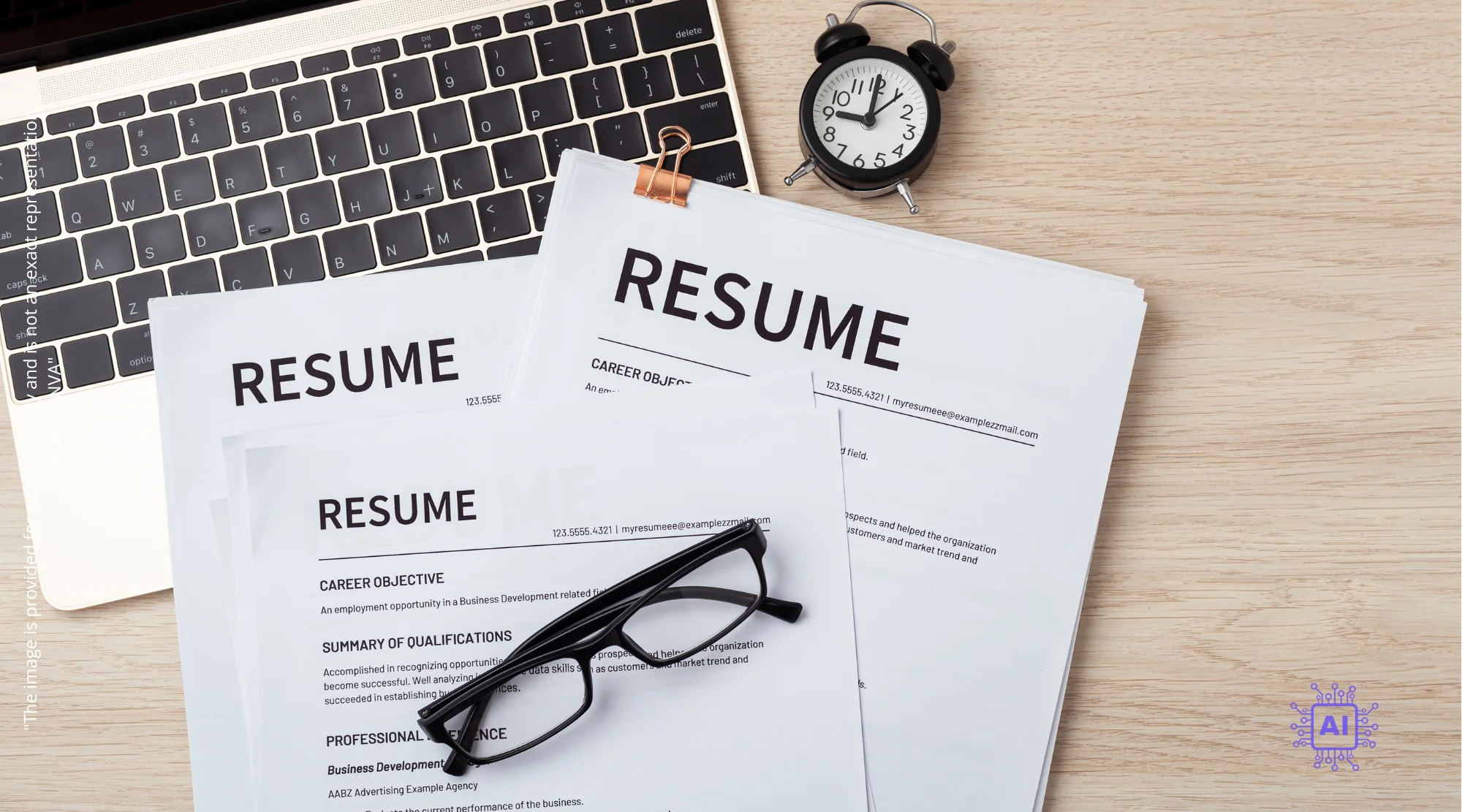
Furthermore, AI can automate the initial screening process, filtering out unqualified candidates based on pre-defined criteria. This frees up recruiters to focus on engaging with promising candidates and building relationships, rather than spending hours sifting through irrelevant applications. The World Economic Forum has also written about this trend.
Skills-Based Hiring: The New Paradigm
One of the most significant shifts driven by AI is the move towards skills-based hiring. Instead of focusing solely on past job titles and company names, AI can assess a candidate’s actual skills and abilities through various methods:
- Skills Assessments: AI-powered platforms can administer standardized tests or simulations to evaluate a candidate’s proficiency in specific areas.
- Portfolio Analysis: AI can analyze a candidate’s portfolio, code samples, or other work products to assess their practical skills.
- Behavioral Assessments: AI can analyze communication patterns, problem-solving approaches, and other behavioral traits to determine if a candidate is a good fit for a company’s culture.
This shift towards skills-based hiring benefits both employers and job seekers. Employers gain access to a wider pool of qualified candidates, while job seekers have a greater opportunity to showcase their abilities, even if they lack traditional credentials or relevant work experience.
Optimizing Your Resume for the AI Age
While the resume may not be dying, it certainly needs a makeover to thrive in the age of AI. Here are some key strategies for optimizing your resume to stand out to both human recruiters and AI algorithms:
- Focus on Skills: Emphasize your skills and abilities, using specific keywords and quantifiable achievements to demonstrate your proficiency.
- Use Action Verbs: Start each bullet point with a strong action verb to highlight your accomplishments.
- Tailor Your Resume: Customize your resume for each job application, highlighting the skills and experiences that are most relevant to the specific role.
- Choose the Right Format: Use a simple, clean format that is easily parsed by AI algorithms. Avoid using tables, images, or fancy formatting elements.
AI-Powered Resume Builders and Optimizers
A growing number of AI-powered tools are available to help job seekers create and optimize their resumes. These tools can analyze your resume, identify areas for improvement, and suggest relevant keywords to include.
Some popular AI resume builders include Kickresume and Zety. These platforms offer a range of features, such as resume templates, keyword suggestions, and automated formatting.
The Rise of the Digital Portfolio
In addition to the resume, the digital portfolio is becoming increasingly important for showcasing your skills and experience. A digital portfolio allows you to present your work in a more dynamic and engaging way, providing potential employers with a deeper understanding of your capabilities. If you need help with presentation skills, read: https://smartaiwire.com/prompt-engineer-guide/.
Your portfolio could include:
- Project Samples: Showcase your best work, providing context and explaining your role in each project.
- Code Repositories: Share links to your GitHub or other code repositories to demonstrate your coding skills.
- Design Mockups: Present your design ideas and prototypes, highlighting your creativity and problem-solving abilities.
- Writing Samples: Share articles, blog posts, or other writing samples to demonstrate your communication skills.
Leveraging AI for Job Searching
AI can also be used to streamline the job search process. AI-powered job boards and recruiting platforms can match you with relevant job opportunities based on your skills, experience, and preferences.
Furthermore, AI can help you prepare for interviews by providing personalized feedback on your answers to common interview questions. Some platforms even offer mock interviews with AI-powered virtual assistants. You may even discover that AI jobs pay 28% more: https://smartaiwire.com/ai-jobs-pay-28-more-unlock-higher-salaries-with-these-in-demand-skills/.
The Ethical Considerations of AI in Recruitment
While AI offers many benefits in the recruitment process, it’s important to be aware of the potential ethical concerns. One major concern is bias. If AI algorithms are trained on biased data, they can perpetuate and amplify existing inequalities in the job market.
For example, an AI algorithm trained on data that overrepresents male candidates may be less likely to identify qualified female candidates. This can lead to a lack of diversity in the workforce.
To mitigate these risks, it’s important to ensure that AI algorithms are trained on diverse and representative data sets. Additionally, companies should regularly audit their AI systems to identify and correct any biases. It would also be worth reading about AI Ethics: https://smartaiwire.com/grok-ai-ethics-navigating-the-complexities-of-content-generation-and-safety/.
The Future of the Resume and AI
The future of the resume is likely to be more dynamic, skills-focused, and personalized. AI will continue to play a significant role in shaping the way we present ourselves to potential employers. The resume will likely evolve into a more interactive and multimedia-rich document. Candidates may be able to showcase their skills through video resumes, interactive simulations, and virtual reality experiences. External Link to Forbes.
The key to success in the age of AI is to embrace change, adapt to new technologies, and focus on developing the skills that are in demand. By leveraging AI to your advantage, you can increase your chances of finding the right job and building a successful career.
In conclusion, AI isn’t killing the resume, but it’s revolutionizing it. Embrace this transformation, focus on showcasing your skills, and leverage AI tools to optimize your job search. The future of work is here, and it’s powered by artificial intelligence.
